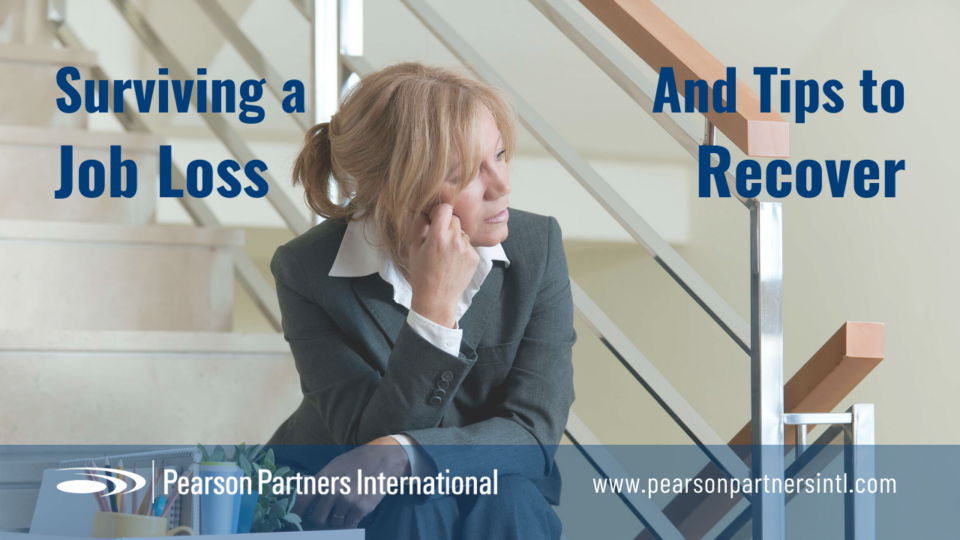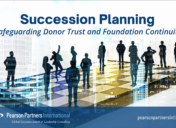 The COVID-19 crisis has taken a drastic toll on the U.S. workforce, with over 20 million people suddenly unemployed and an overall 15% unemployment rate. While the economy slowly attempts to recover, more downsizings and furloughs are expected. If you are one of the ones who has lost your job, you may find yourself struggling with a variety of emotions. But this time can be an opportunity for growth, change and a better career ahead.
The COVID-19 crisis has taken a drastic toll on the U.S. workforce, with over 20 million people suddenly unemployed and an overall 15% unemployment rate. While the economy slowly attempts to recover, more downsizings and furloughs are expected. If you are one of the ones who has lost your job, you may find yourself struggling with a variety of emotions. But this time can be an opportunity for growth, change and a better career ahead.
Difficult Emotions Are Normal
If you are troubled or confused about the emotions you are experiencing, take comfort in knowing that you are not alone. Job loss can be an emotionally difficult and confusing time. Feeling uncertain about the future, you may experience emotions such as anger, fear, sadness and self-doubt, while alternately experiencing relief, numbness or optimism. Tumultuous emotions are often experienced with intensity and may leave you feeling drained and unable to adequately control your moods or your thought processes. It is understandable and common to feel these strong emotions, especially in the beginning. Acknowledge them, and then try to refocus your efforts on next steps.
The Roller Coaster Will Stabilize
Numerous studies have shown that to varying degrees, and for varying durations, nearly everyone who experiences a job loss goes through a kind of emotional roller coaster. Keep in mind that while riding a roller coaster consists of abrupt ups and downs, in the end, the ride returns to a safe and level place. Use this time to focus on enhancing your skills (personal and professional), building your network and finding your next job, and you will most likely be in a better place when this time is behind you.
Redefine Your Identity
Often, we define ourselves in terms of our career, where we work and what we do. In fact, much of our sense of self-identity and self-worth is tied to our jobs, as evidenced by the common inquiry when you meet someone new: “What do you do?” Because our careers make up such a big part of our lives, it is understandable that we experience a wide range of emotions when faced with job loss. Knowing that what you are feeling and experiencing is common can help you to compartmentalize your emotions and focus on your plan of action.
Build a New Routine
When you are in a career transition, an aspect of your self-identity can be abruptly impacted, and simultaneously, you may feel the absence of your co-workers and friends. You may find that the routine built around your job is now gone, along with the sense of security the routine provided. It is important to build new routines to replace those of your old job. Reach out to your family, friends and network for support and encouragement. Try to pursue activities that you enjoy that you may not have had time for previously.
Take Advantage of This Opportunity
To gain some perspective and a frame of reference for where you are right now, and how best to move forward, consider the following tips:
You are not alone.
Help is available. There are family, friends and others who are able and eager to help you: all you have to do is ask. Their genuine concern is for you as a person. It is you, not your former title, that they care about. If you need more support, consider contacting a professional career counselor or a therapist to help you through this time.
You are unique, special and employable.
With or without a job, you are still you. Your personality, values, experiences, accomplishments, and skills are uniquely your own. The core of your personhood has not changed, only the temporary circumstances of your employment. You will bring the same qualities to your next position that you brought to your previous positions.
Others have been, are, and will be in the same situation.
In the recent COVID-19 crisis, reorganizations, takeovers and economic conditions have put millions of successful, talented, quality people out of work, from CEOs to entry-level employees. More often than not, job loss is unrelated to job performance.
Your attitude is your single most important asset in your successful job search.
A positive attitude is a requirement for success, and a negative attitude is self-defeating. Since others can readily perceive what you project, it is important to project a positive attitude and image. Take care of yourself through exercise, relaxation, social activities and other pursuits that nurture positive feelings.
Make the best of this opportunity.
Use this time to assess, analyze and decide what kind of job you really want and then go get it. Understand what is important in your job and your life. Balance dreams and reality while focusing on legitimate positions that meet your needs and skills. This is an opportunity for personal and professional growth.
Getting the right new job requires total commitment.
Finding a job is often harder work than holding a job. You must be completely engaged and employed in the full-time process of finding the right next job. Plan on a minimum of 40-hour work weeks devoted to your job search. Prepare for tough demands on your time, energy and emotions, since your total commitment is required. However, be gentle with yourself and balance the hard work with exercise and activities that you enjoy.
Now is the time for you to assess your career and life, establish goals for your job, determine your compensation requirements and decide where you want to live. Through hard work, you can seize the opportunities that exist. Meaningful lessons are gained in overcoming adversity. While you did not volunteer for this experience, you can learn and benefit from it and find yourself in a better place when you get through it.
















